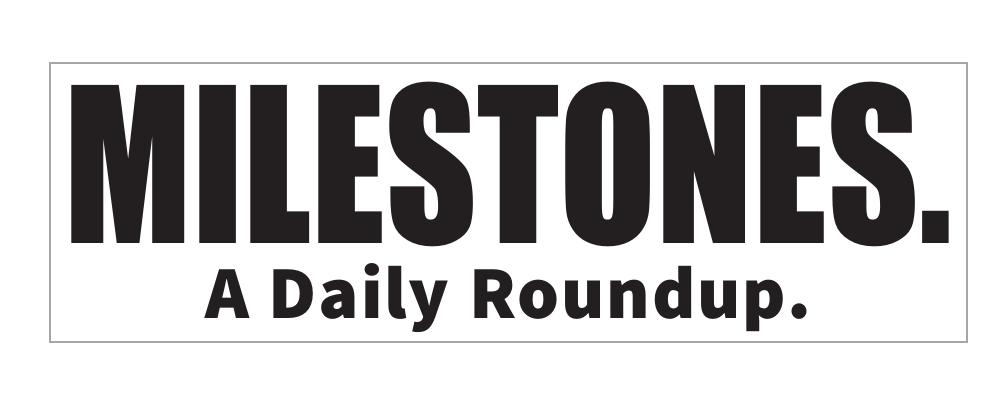Milestones: Monday, July 10, 2023

CLARENCE DARROW VS. WILLIAM JENNINGS BRYAN — John T. Scopes, a young high school substitute science teacher, was accused of teaching evolution, in violation of the Butler Act, a Tennessee law, and was placed on trial starting July 10, 1925. But the Scopes Monkey Trial, which lasted about 11 days, was actually a showdown between Clarence Darrow, the defense attorney, and William Jennings Bryant, a fundamentalist Christian, U.S. secretary of state, and three-time unsuccessful presidential candidate. Interestingly, the prosecution made the case about Scope’s violation of the Butler Act, not whether that law was actually constitutional. The law, which had been passed in March 1925, made it a misdemeanor punishable by fine to “teach any theory that denies the story of the Divine Creation of man as taught in the Bible, and to teach instead that man has descended from a lower order of animals.” Scopes and local businessman George Rappleyea asked the American Civil Liberties Union (ACLU) to organize a defense. Darrow, whose reputation as a shrewd and successful attorney was already established, joined the ACLU’s defense, and the trial proceeded, being moved outdoors because of the throngs it attracted and became a drama in itself, with Darrow publicly humiliating Bryan on an apparently scant understanding of scripture. By asking the jury to return a guilty verdict, Darrow also stole Bryan’s thunder, by denying him the chance to deliver his closing statement.
William Jennings Bryan died mysteriously six days after the trial concluded.
✰✰✰

Brooklyn Boro
View MoreNew York City’s most populous borough, Brooklyn, is home to nearly 2.6 million residents. If Brooklyn were an independent city it would be the fourth largest city in the United States. While Brooklyn has become the epitome of ‘cool and hip’ in recent years, for those that were born here, raised families here and improved communities over the years, Brooklyn has never been ‘uncool’.